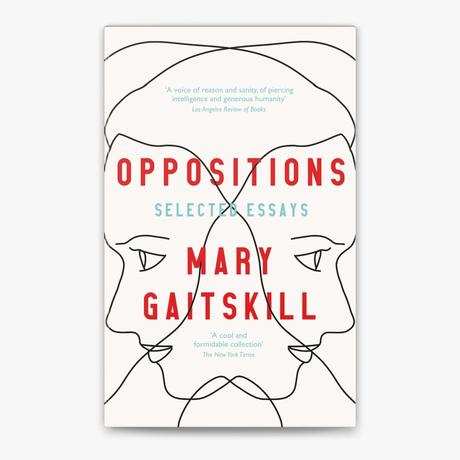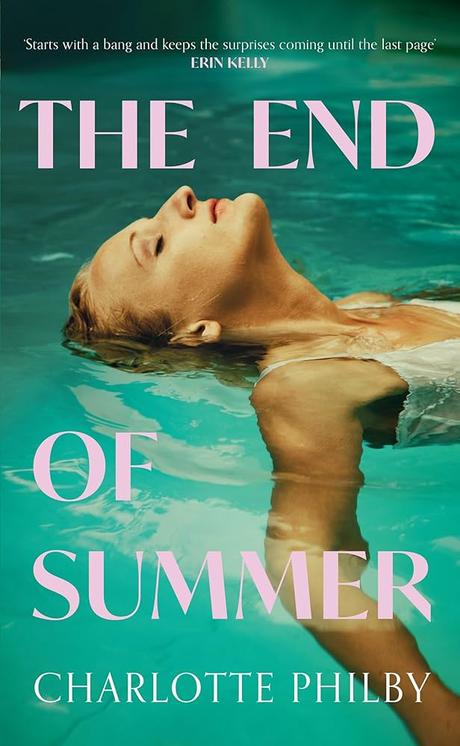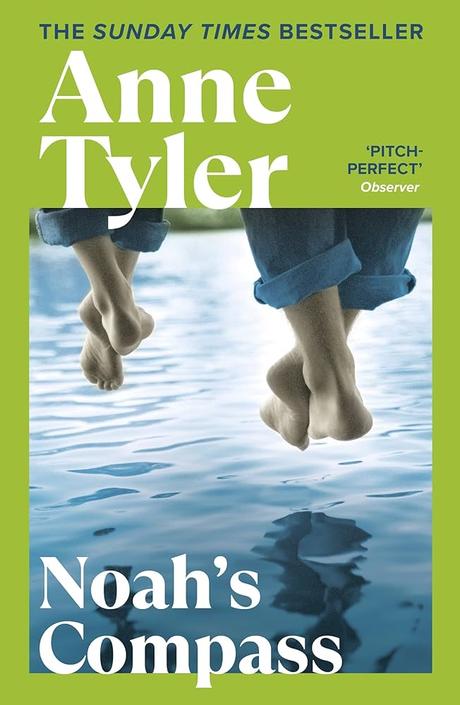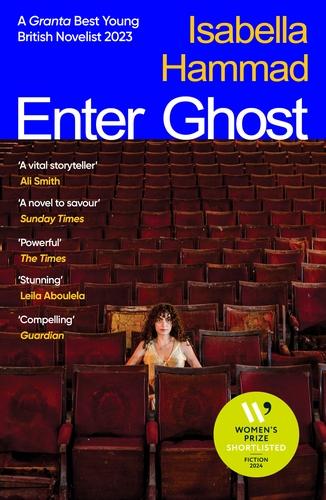
1.86.0-QEN7AHISPNFGRJBYJY5MVCSJXM.0.1-9
" data-orig-size="1200,1200" data-image-title="1.86.0-QEN7AHISPNFGRJBYJY5MVCSJXM.0.1-9" data-orig-file="https://litlove.wordpress.com/wp-content/uploads/2024/10/1200x1200wz.jpg" style="width:443px;height:auto" data-image-description="" class="wp-image-4925" width="1024" data-medium-file="https://litlove.wordpress.com/wp-content/uploads/2024/10/1200x1200wz.jpg?w=300" role="button" data-permalink="https://litlove.wordpress.com/2024/10/03/notes-and-mini-reviews-from-september/1-86-0-qen7ahispnfgrjbyjy5mvcsjxm-0-1-9/" alt="" height="1024" data-image-meta="{"aperture":"0","credit":"","camera":"","caption":"1.86.0-QEN7AHISPNFGRJBYJY5MVCSJXM.0.1-9","created_timestamp":"0","copyright":"","focal_length":"0","iso":"0","shutter_speed":"0","title":"1.86.0-QEN7AHISPNFGRJBYJY5MVCSJXM.0.1-9","orientation":"0"}" data-large-file="https://litlove.wordpress.com/wp-content/uploads/2024/10/1200x1200wz.jpg?w=440" tabindex="0" />Mary Gaitskill’s essay collection, Oppositions, is brilliant. Gaitskill is an intriguing woman – someone who went off the rails in late adolescence, ran away from home, became a stripper, then a born-again Christian (this didn’t last either) and then started writing. She is immensely intelligent, with an intellect that combines the wisdom of surviving extreme experiences with a deeply thoughtful, fine-slicing kind of analysis. The voice is especially cool and probing when it comes to hot and hectic emotions, and one of the standout essays concerns date rape and victim culture, written in fact in 1994, long before #metoo. But Gaitskill has plenty to say, having run the gamut of unfortunate experiences, and she manages to consider them with immense compassion for all concerned. The essay is a kind of gold standard for dealing with topics in cultural crisis. There are three sections in this collection, a set of essays on living, one on music and movies, and one on reading. I particularly enjoyed the music essays, having expected them to be, if not dull, then not quite my ballpark of interests. But she is amazingly good on parsing reactive emotions in a fascinating way.
The essays on books are all you might expect them to be. I particularly enjoyed her review of Gone Girl. She describes the main protagonists, the rancour-driven couple Nick and Amy, as ‘grotesquely smiling masks driven by forces of malevolent artifice, and it’s exactly that masked, artificial quality that’s frightening’ because the ‘artifice is so normal.’ When she says this to friends, they tell her that she’s supposed to dislike Amy because she’s ‘crazy’. Gaitskill writes: ‘But I don’t think she’s any crazier than the world we live in now. Her meanness – and the unfeeling, appraising way she types everyone she meets – just seems an extreme version of a norm or an accepted cultural language; that hyper-fast hive brain that very nearly precludes seeing beyond a coded surface.’ You have to think about what she says; the depth of her thought rewards slow reading, but I’m good with that. I loved her novella, This Is Pleasure, from a few years back, and must read her short stories.

By contrast why, oh why do I do it to myself? Why do I continue to read a certain kind of book that leaves me dissatisfied and I KNOW this will happen and yet forget it every time? The novel in question is The End of Summer by Charlotte Philby. It’s got lots of good reviews and has been pushed by the publishers with words like elegant and entertaining and layered and beautifully written. It concerns a mother-daughter relationship, takes place over several decades and glamorous locations like New York and the South of France, and is marketed as an intelligent thriller. In the opening scenes set in 1980s New York, our youthful protagonist steals a drug dealer’s car and drives off to Maine to gatecrash a party and meet a millionaire who she intends to marry. But in the prologue we find out that this will all come to grief in the end because she’s been accused of murdering him. I have this kind of wilful optimism that insists such a novel will be fun, easy reading that may reveal surprising depths. And of course it’s ultimately just very silly and implausible. Is it fun? Well, I suppose if you can suspend sufficient disbelief. There’s nothing wrong with the novel per se – it does what it sets out to do. I need to figure out what fantasy is driving me to pick this kind of thing up, what experience I believe the book will provide, and then find a different way of getting it. This was ten hours of my listening life I’ll never have back.

In my defense, this was sickbed reading. The horrendous virus Mr Litlove brought home continues to linger. We thought we’d got rid of it and lo and behold, back it comes. In consequence, I have been very fickle with my books, and now have a foolish number on the go at once. On audio, I’m listening to Anne Tyler’s Noah’s Compass (terrific) and Muriel Spark’s Loitering with Intent (which feels like a companion piece to A Far Cry from Kensington). On Kindle, I’m reading Tremor by Teju Cole (brilliant but requires time and concentration), The Writing School by Miranda France (a very hybrid kind of memoir I can’t make my mind up about, though it’s a beguiling read), Small Miracles by Anne Booth (nuns win the lottery – I know!) and Nicci French’s Has Anyone Seen Charlotte Salter (not sure how long I’ll last with this – it’s not gripped me so far). I’m also tempted to start a paperback I discovered when putting books back in the loft – The Phantom Tollbooth by Norton Juster, which I remember as being delightful reading to my son when he was young. But really, I should finish something first, shouldn’t I?

I’ve also stalled on a couple of books. One is Seating Arrangements by Maggie Shipstead. This is a wealthy people behaving badly kind of book, and I am generally ambivalent about them. But I listened to Shipstead’s long short story, ‘The July Paintings’ and absolutely loved it, so thought I’d give this a chance. It’s set over the weekend of a wedding in New England, with the father of the bride longing to seduce one of his daughter’s bridesmaids. It’s satirical, I’m told, but so far I’m not loving the writing, which was the last thing I thought I’d struggle with. It feels too try-hard, with the potential of every sentence wrung out into clever words. I’m really not that far in and maybe it calms down. But I can’t quite bring myself to return to it. The other novel is Enter Ghost by Isabella Hammad, which I’m sorry about. There are some absolutely terrific scenes in this novel and I have enjoyed what I’ve heard so far. And yet…. there’s very little pull for me to pick it up and continue with it. The main protagonist has yet to fully engage me in her desires, and I’m not sure where it’s all headed. BUT, I really do want to make it to the end of this one and so I will find a time for it. Just…. not now.
